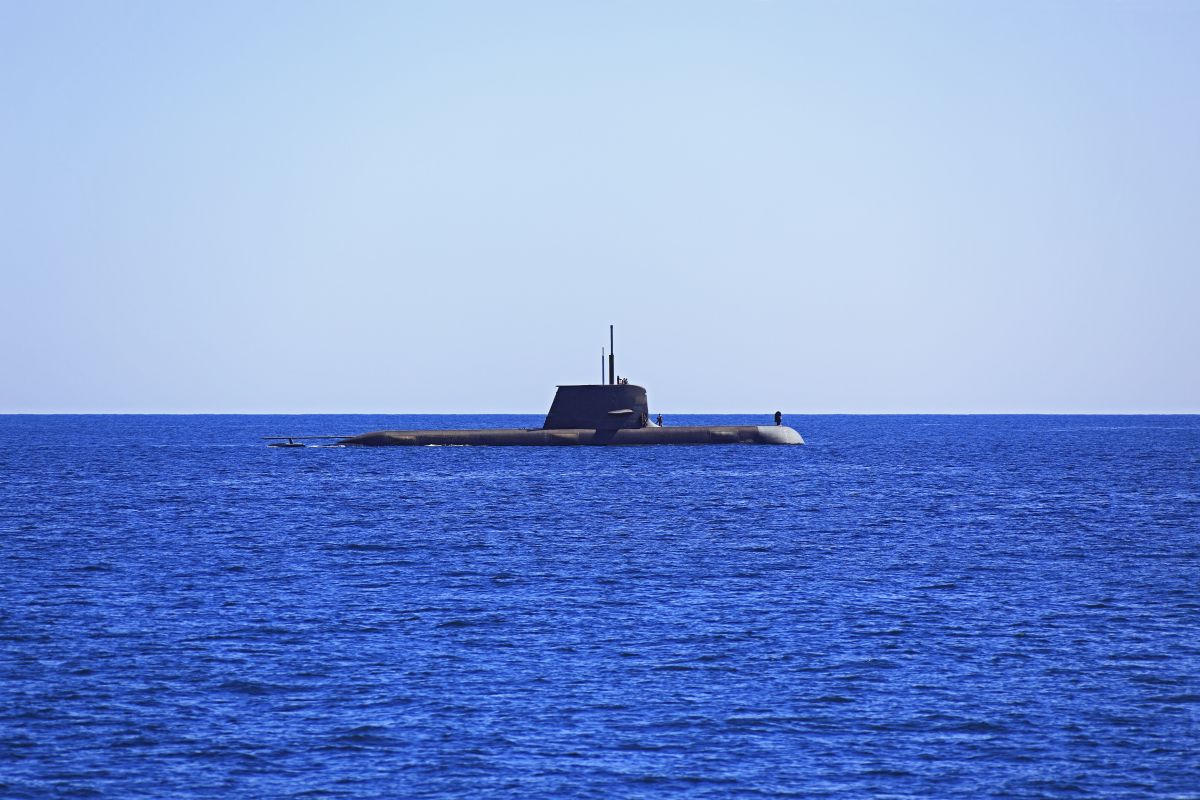Iran rejects Macron’s accusation of involvement in Ukraine conflict
Iran has rejected French President Emmanuel Macron's remarks that Russia has used Iranian military equipment against Ukraine.
“On July 1, a fire broke out during biometric measurements on a scientific research deep-sea submersible,” the defence ministry said.

Representational image (Photo: IStock)
The Kremlin has refused to reveal the full story of a fire that killed 14 crew member on a nuclear-powered mini-submarines, saying the details of the tragedy were a “state secret” on Wednesday.
The Defence ministry published the names and photographs of the victims who it said had saved “their comrades and the deep-sea submersible” at the cost of their lives while facing pressure from the critics.
Advertisement
“On July 1, a fire broke out during biometric measurements on a scientific research deep-sea submersible,” the defence ministry said.
Advertisement
The tragedy in the far north has echoes of the sinking of the Kursk submarine in 2000 that claimed the lives of 118 personnel and shook the first year of Vladimir Putin’s presidency.
Two days after the tragedy the defence ministry described the victims as “true patriots” and top professionals, adding they repeatedly took part in expeditions to study the Arctic and plunged to “maximum depths.”
Russian President Vladimir Putin’s spokesman Dmitry Peskov explained the secrecy surrounding the tragedy by saying the information was a “state secret.”
The Kremlin also did not declare a nationwide day of mourning.
In 2011, one of Russia’s biggest nuclear submarines caught fire while undergoing repairs in the dock in the northern Murmansk region.
Advertisement